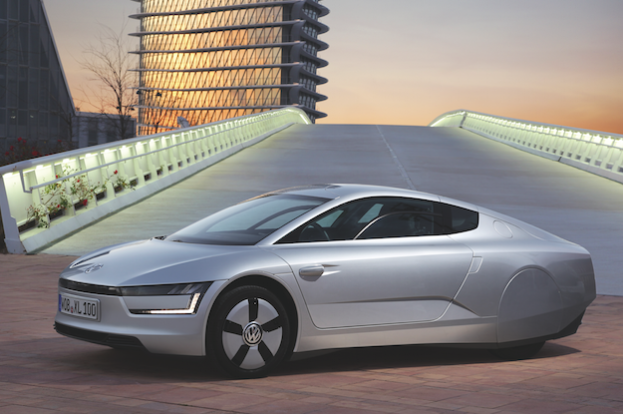
Volkswagen has been confusing us lately.
First it makes the XL1, delighting us all with its 261mpg fuel economy rating and aerodynamic bodylines. Then the German automaker revealed that it wouldn’t actually be building many of the futuristic-looking XL1. Adding insult to injury, VW then promised it wouldn’t send any to the U.S.
Then on the first test drives, journalists were reporting fuel-efficiency scores far below the advertised 261 – around 100mpg lower.
Now we’ve learned that for some reason Volkswagen will be running the compact and lightweight XL1 up the Goodwood Hillclimb next month during the Goodwood Festival of Speed in England. The man set to be behind the wheel? According to Autocar, none other than F1 legend and six-time Le Mans winner Jacky Ickx.
What other kinds of cars will be running the Goodwood Hillclimb? The Volkswagn Polo World Rally Car (WRC), for example. As you might guess, this – unlike the XL1 – is a more normal hillclimb entrant.
So why send a rather slow eco car up the hill, then? We’re not sure. We’ve heard rumors of Volkswagen brass contemplating making the XL1 into a sports car, due to its extreme aerodynamics and compact size. As cool as that might sound, we – again – wonder why. That’d be like spending a ton of cash making a really healthy cake just to slather it with lard-based frosting. Yeah, it’ll taste better but so what?
Maybe Volkswagen is sending the XL1 up the hill to see how low it can get the fuel economy figures. “We’ve told you how fuel-efficient it is – now see how fuel-inefficient it can be!”
Whatever the reason, we’ll check back on the results.


